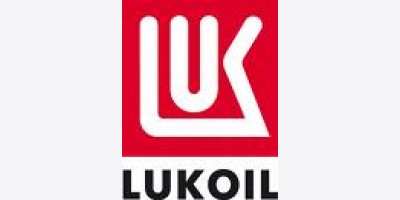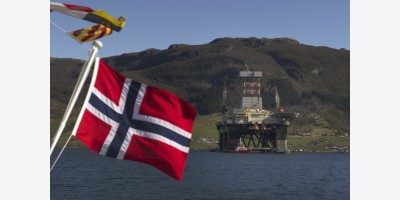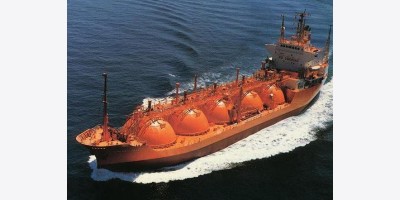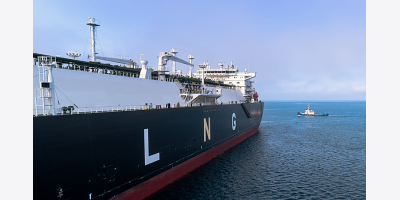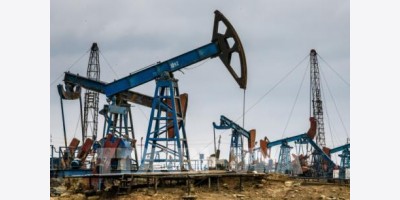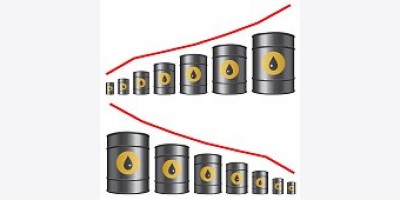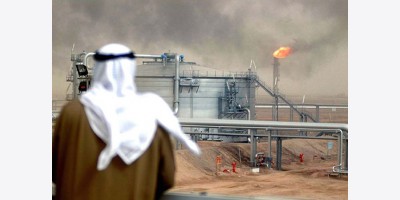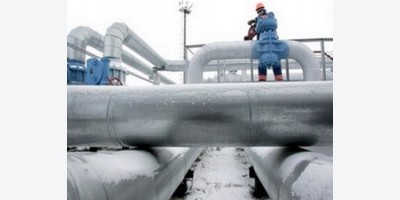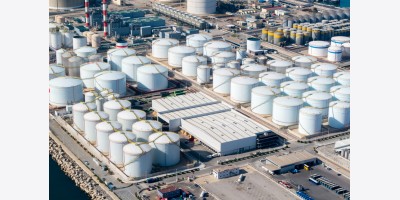Daily Independent
The discovery of a similar blend of oil in Angola is a wake-up call to the federal government to start looking into other ways of exploiting alternative resources of Nigeria for the benefit of the citizens.
The recent discovery of sweet crude in Angola now makes it imperative for Nigeria to be more intent about looking at other avenues of income different from oil which presently is our mainstay. Cobalt International Energy Incorporated confirmed the existence of light oil and condensate offshore Angola. This very type of oil and condensate is what has made Nigeria’s blend be in high demand for so long.
Nigeria and Angola are both African countries that are richly blessed with Crude Oil. In fact Nigeria is ranked the highest producer in Africa while Angola is next.
Even though Oil was discovered in Angola in 1955 and in Nigeria in 1956, Nigeria was independent in 1960 while Angola got her independence in 1975 which means that while Nigeria, as an independent State from 1960 could have a say in the exploration and mining of her oil, Angola not being a sovereign state could not. Nigeria experienced a three year long civil war from 1969 to1970 while Angola suffered twenty seven years of civil war from 1975 to 2002. This means that Nigeria has had more years of political stability than Angola.
This political stability has not been properly utilised because Angola, with all its years of instability is almost neck to neck with Nigeria when the indices that are used to measure growth and development in Nigeria and Angola are laid side by side. Nigeria’s actual gross domestic product growth rate was 7.67 in 2013 while Angola recorded 7.40. And Africa’s infrastructure index and rankings Nigeria scored 17.8 while Angola had 14.99. Thus, there is cause for concern because Nigerian National Petroleum Corporation (NNPC) has stated that Nigeria’s oil output is 2.5 million barrels per day as compared to Angola’s 1.7million barrels per day. This evidence also points to the fact that Nigeria should actually be looking over her shoulders by creating an investor friendly environment that will discourage foreign oil companies doing business in Nigeria from divesting in favour of Angola.
Rather than wait till when the investors leave, the Government should be thinking of opening up and developing our solid mineral resources. It should be presently creating an enabling environment for private investors to mine solid minerals.
Agriculture was the nation’s primary source of revenue for a very long time. The Government should be helping to put in place appropriate infrastructure, facilitate the availability of quality seeds and inputs to ensure bumper harvests that will be the backbone of agro based industries.
Better inter and intra state roads will also help to aid the movement of all these newly developed sources of revenue to ensure that the cost of goods and doing business is reduced. Our Railway lines should also be privatised to create competition that will ultimately translate into lowering the cost of doing business because large quantities of goods will be moved at once and operators will thus be forced to jostle for clientele just as is happening in other transportation sectors.
The government should also make it possible for Nigeria to grow her local oil capacities so that should the foreign partners leave, the country will be in a position to have Nigerians refine her oil to internationally accepted standards.
While not trying to encourage indiscipline and lawlessness, there is a need to give a second critical look at the activities of those refining oil illegally in the creeks of the Niger Delta. Rather than continuously burn their set up thereby dissuading them from developing the business, Government should compel them to organise themselves properly and insist that their products must meet international specification. It can then regulate and stipulate the terms for their existence viz-a-viz safety, taxes, levies etc.
The passage of the Petroleum Industry Bill by the National Assembly is long overdue to help to address endemic structural, policy and managerial issues in the Nigerian oil and gas sector. The discovery of a similar blend of oil in Angola is a wake-up call to the federal government to start looking into other ways of exploiting alternative resources of Nigeria for the benefit of the citizens.







